Our Partners
The Institutions collaborating at the ImproComp Project
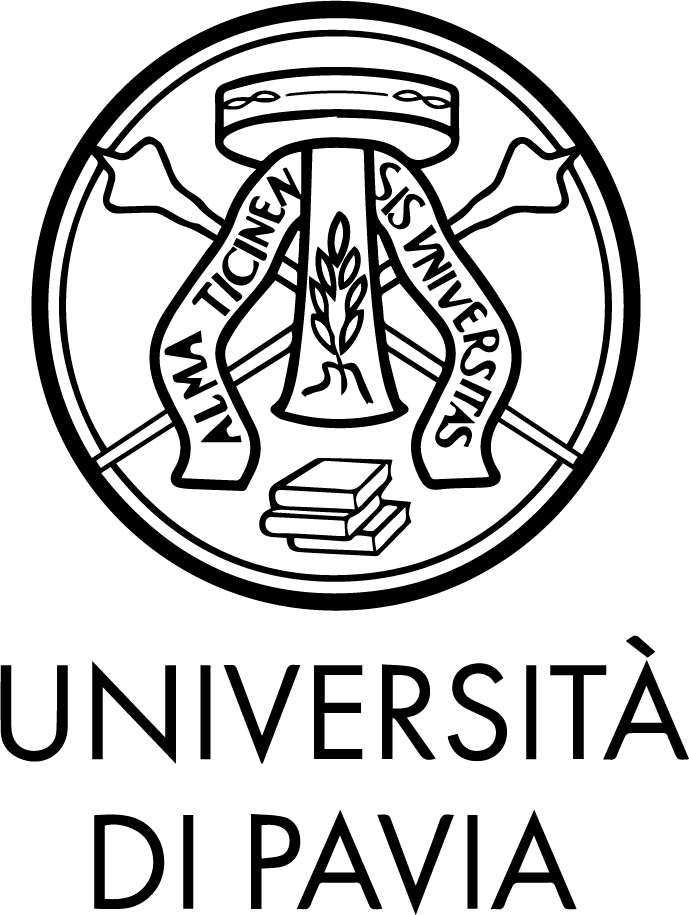
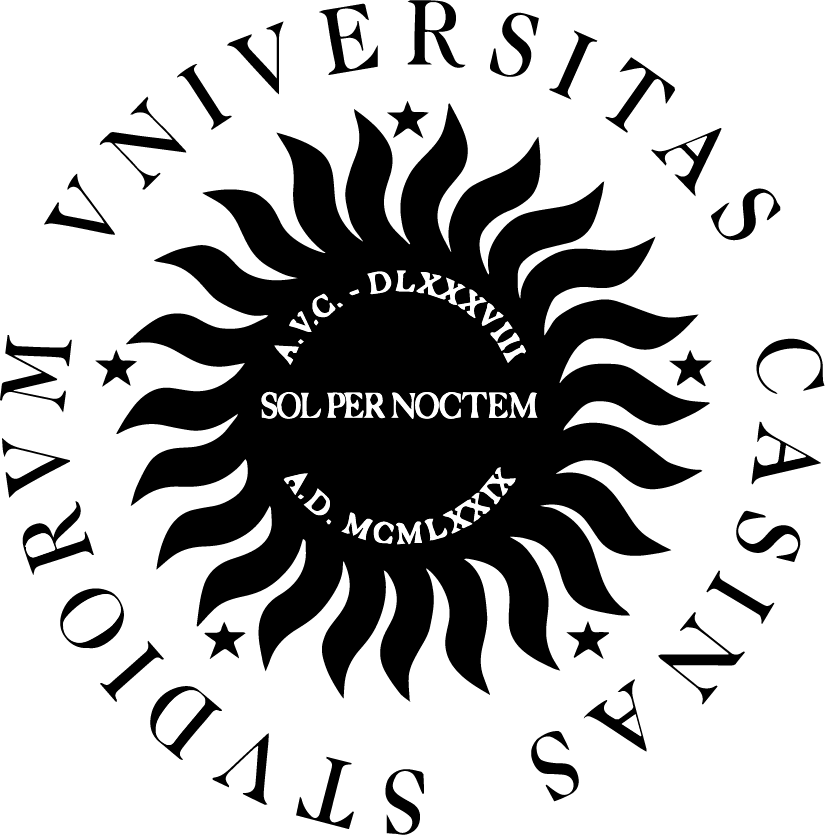


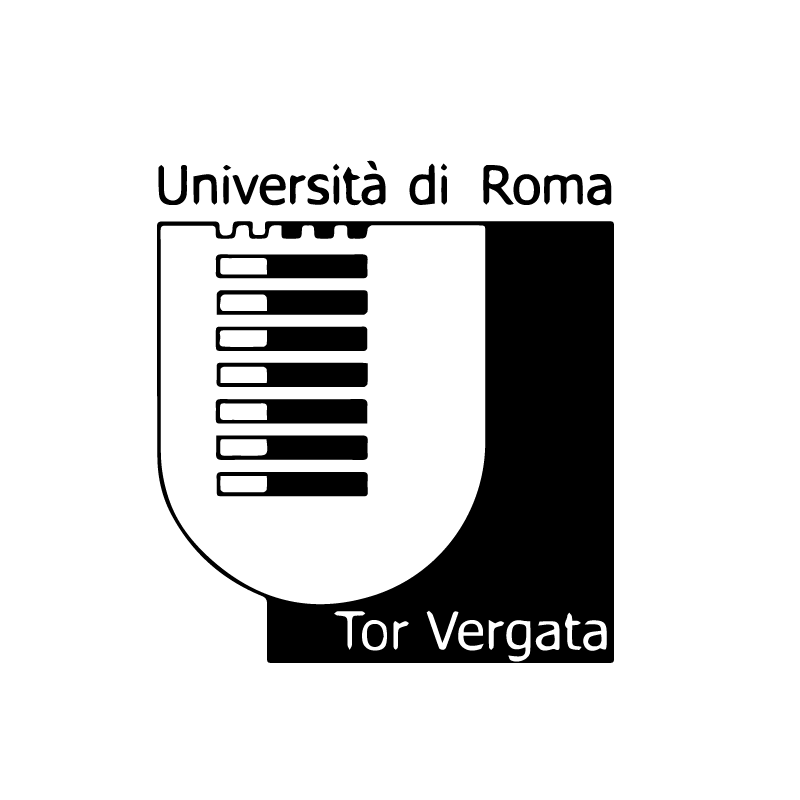

Improvisation, once an essential constituent of a pianist’s life and work during the so-called Classical period, in the Nineteenth century underwent a slow decline and transformation, until it disappeared almost completely in the Twentieth century. Not everything was lost, however: the practice of preluding before the performance of a musical work continued during the Nineteenth century and beyond and is well documented by coeval sources.
Through the improvisation of a prelude, the interpreter would interact creatively with the music she or he was about to perform, thus establishing a deeper connection with the audience. Several live (but not studio) recordings by pianists active in the first half of the Twentieth century, such as Wilhelm Backhaus and Dinu Lipatti, attest to the survival of the art of preluding, as well as the willingness of interpreters to extemporize modulations and stylistic and textural transitions between pieces in a concert program.
As for today, most interpreters are extremely reluctant to revive these practices, partly because the expectations of audiences and professionals are increasingly modelled on the recording industry’s standards, partly because of the insufficient familiarity with historical performing practices. The greatest obstacle, however, is represented by the training of musicians: whereas in the past improvisation was integral to piano pedagogy, today the teaching of repertoire is still based on the modernistic idea of a more or less mechanical reproduction of the score.
Western art music is a tradition based not only in the reproduction of written scores but also in non-written practices. In order to revitalize them, it would therefore be necessary to explore the possibility of bringing improvisatory practices to new life. Most historical evidences are obviously lost, but not the possibility of exploring those spaces in the musical work where the performer’s creative intervention is possible, as it was in the past. In regaining those spaces, we don’t ‘betray’ the score: rather, we recognize its implicit potential as bearer of stimuli that may allow the interpreter to bring it in relation with the contemporary era.
Integrating musicological research and performance, The Interactive Muse project aims to open a discussion on these issues, as well as to test new teaching methods for bygone practices. It will include theoretical sessions, live performances and panels with scholars and musicians, in addition to three workshops on piano improvisation in the Nineteenth century. Three teachers – Costantino Mastroprimiano, John Mortensen e Giorgio Sanguinetti – will work with ten pianists, chosen through an international competitive selection, on the following fields: historically informed performance; early Nineteenth century partimento; sources of improvised preludes in early Romantic piano music; techniques of improvisation in the Romantic era, with special regard to improvised prelude and interlude.
October 16
University of Cassino, Aula Magna 15.00 – 16.30: Conference 1
University of Cassino, Aula Magna 16.30: Improvised Concert by John Mortensen (Cedarville University, Ohio)
October 17
Sapienza University of Rome, Aula Pirrotta 9.30-13.00: Conference 2
Accademia Filarmonica Romana, Sala Casella 15.30-19.30: Workshop 1
October 18
Accademia Filarmonica Romana, Sala Casella 9.30-13.30: Workshop 2
Accademia Filarmonica Romana, Sala Casella 15.00-19.30: Workshop 2
October 19
Accademia Filarmonica Romana, Sala Casella 9.30-13.30: Workshop 3
Accademia Filarmonica Romana, Sala Casella 15.00-16.30: Workshop 3
Accademia Filarmonica Romana, Sala Casella 17.00-18.30: Plenary Session
Accademia Filarmonica Romana, Sala Casella 20.00-21.30: The Interactive Muse – Concert of Workshop Participants
WEDNESDAY, OCTOBER 16
University of Cassino, Aula Magna
15.00 – 16.30
Greetings from the Rector of University of Cassino, Marco Dell’Isola
Greetings from the Director of the Department of Humanities, Sebastiano Gentile
chair Gianluca Bocchino (Università di Cassino)
Costantino Mastroprimiano (Conservatorio di Perugia), Chopin and the art of starting a piano piece
Giorgio Sanguinetti (Università Tor Vergata di Roma), Patterns, stratagems and their transformations in Chopin’s music
16.30 – 18.00
IMPROVISED CONCERT
by John Mortensen (Cedarville University, Ohio)
*
THURSADY, OCTOBER 17
Sapienza University of Rome, Aula Pirrotta
9.30 – 13.00
Greetings from the Director of the Department of Modern Humanities and Cultures, Marco Mancini
Greetings from the President of the Accademia Filarmonica Romana, Paolo Baratta
Greetings from the President of the Graduate Program in Musicology, Andrea Chegai
chair Franco Piperno (Sapienza Università di Roma)
Susanna Pasticci (Sapienza Università di Roma), The interactive muse: The text and its performance
Stefano Oliva (Università Niccolò Cusano), From text to gesture: improvisation and atmosphere
Andrea Ravignani (Sapienza Università di Roma & Aarhus University, DK), Mind and brain in musical performance and improvisation
Emanuele Ferrari (Università di Milano-Bicocca), Traces of improvisational matrix in the piano repertoire
Giovanni Bietti (RAI RadioTre, Lezioni di musica), “This must seem improvised!” Writing and improvisational gesture in Chopin
*
THURSDAY, OCTOBER 17 – SATURDAY, OCTOBER 19
Accademia Filarmonica Romana, Sala Casella
Workshop: Piano Improvisation in the 19th Century
october 17
15.30 – 19.30
Workshop 1
october 18
9.30 – 13.30
15.00 – 19.30
Workshop 2
october 19
9.30 – 13.30
15.00 – 16.30
Workshop 3
TEACHERS
Costantino Mastroprimiano (Conservatorio di Perugia)
John Mortensen (Cedarville University, Ohio)
Giorgio Sanguinetti (Università Tor Vergata di Roma)
SELECTED PARTICIPANTS
Matilde Bianchi (Conservatorio di Bologna)
Roberto Cornacchioni Alegre (Universidade de São Paulo)
Julian Jenson (Temple University, Boyer College of Music, New York)
Javier Liébana Castillo (Staatliche Hochschule für Musik, Stuttgart)
Danilo Mondaca Rivera (Pontificia Universidad Católica de Chile, Santiago)
Lucio Perotti (Conservatorio di Perugia)
Lorenzo Pusterla (Conservatorio di Milano)
Sam Shortall (Maynooth University, Ireland)
Basil Vandervort-Charbonneau (Université de Montréal)
Daniel Vidal (Palau de la Música Catalana, Barcelon
*
SATURDAY, OCTOBER 19
Accademia Filarmonica Romana, Sala Casella
Plenary session: Is a new way of enjoying piano music possible?
chair Stefano Jacoviello (Università di Siena & Accademia Musicale Chigiana)
Gilda Buttà (Conservatorio di Frosinone)
Sandro Cappelletto (Istituto per l’Enciclopedia Italiana Treccani)
Paola Carruba (Vicedirettrice di Radio RAI)
Matteo D’Amico (Accademico di S. Cecilia, Roma)
Domenico Turi (Accademia Filarmonica Romana)
SATURDAY, OCTOBER 19
Accademia Filarmonica Romana, Sala Casella
20.00
THE INTERACTIVE MUSE, Concert by Workshop participants
The Interactive Muse is organized by the Department of Letters and Modern Cultures of Sapienza University of Rome, in collaboration with the Accademia Filarmonica Romana and the universities of Cassino and Rome Tor Vergata, as part of the Research Projects of National Relevant Interest Improvisation/Composition: The Double Identity of European Music (PRIN 2020), coordinated by the university of Pavia: https://improcomp.org/
The outcomes of the workshops will be discussed in a session at the conference Performing Classics Today: The Role of the Performer in the Actualization of Music, organized by the Accademia Musicale Chigiana in Siena, 4-6 December 2024.
SCIENTIFIC COORDINATION
Susanna Pasticci (Sapienza Università di Roma)
ORGANIZATIONAL COORDINATION
Ludovico Peroni (Università di Cassino)
Maria Valentini (Università di Cassino)
ADMINISTRATIVE OFFICER
Filomena Valente (Università di Cassino)
For further information please email: info@improcomp.org
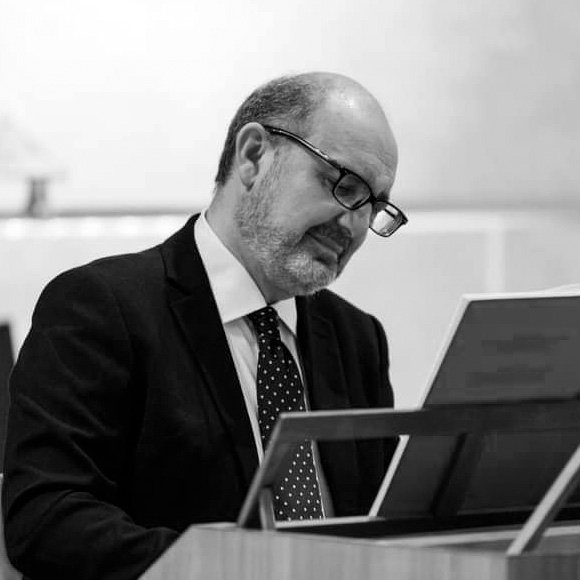
COSTANTINO MASTROPRIMIANO
Costantino Mastroprimiano is one of the leading experts in historical piano performance internationally. After his studies in piano and chamber music with Michele Marvulli, Guido Agosti and Riccardo Brengola, devoted himself to the Fortepiano (historical piano). His vast discography features compositions by Chopin, Alkan, Burgmüller, Staehle, Moscheles, Ries, Hummel, Beethoven, Kraus, and in particular the complete piano sonatas by Muzio Clementi and by Hummel for Brilliant Classics. He is currently recording all Beethoven piano sonatas for Aulics Classics. He is frequently invited to give concerts (Accademia Filarmonica Romana, I Concerti della Normale, Società del Quartetto di Milano, Accademia Cristofori di Firenze, Micat in Vertice, etc.) and abroad (Les Nuits de Septembre – Liège, Noites de Queluz, Mozarteum di Salzburg, Salle Cortot, Musikfestspiele Potsdam Sans Souci, Haydn Geburtshaus Rohrau, la Grange aux Pianos, Ignaz Pleyel Zentrum, PBA Charleroi, etc.). He regularly teaches masterclasses in Italy, Europe, the US and Russia (APM Saluzzo, Ecole Normale de Paris, Koninklijk Conservatorium Den Haag, Universität – Mozarteum Salzburg, Conservatorio di Stato P. I. Čajkovskij, CSM di Malaga, Sam Houston State University – Texas). He teaches Historical Keyboards and Chamber Music in the Conservatory of music in Perugia (Italy).
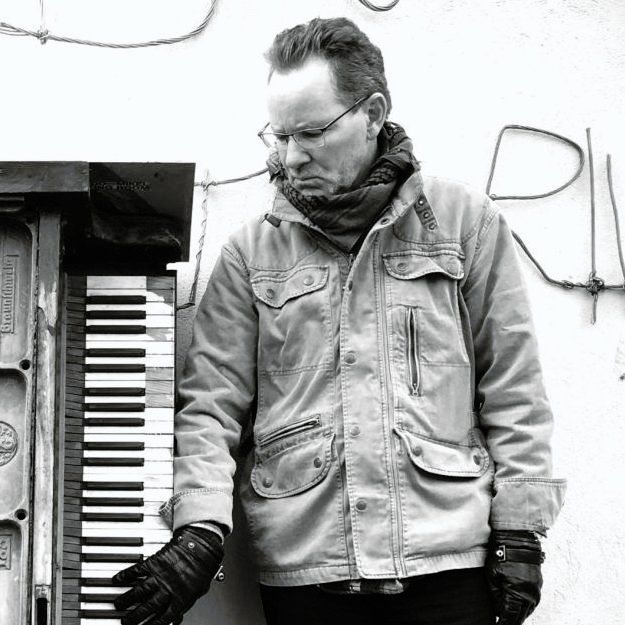
JOHN MORTENSEN
John Mortensen is a leader in the international revival of historic improvisation. Appearing frequently as concert artist and masterclass teacher at colleges and universities in America and Europe, he is noted for his ability to improvise entire concerts in historic styles. He is the author of The Pianist’s Guide to Historic Improvisation (Oxford University Press, 2020), the world’s best-selling book in the field of historic keyboard improvisation, now in use as a course text at many leading conservatories. Mortensen is a Steinway Artist and an Ohio Artist on Tour. In 2017 he was selected as a Fulbright Specialist by the U.S. Department of State to serve as an international artistic ambassador on behalf of the American people. In 2018 he toured Europe for three months, performing and teaching improvised music at conservatories across the continent. In 2019 the State Department named him a Fulbright Global Scholar in Historic Improvisation, leading to performances and teaching at the national conservatories of Lithuania, Latvia, The United Kingdom, Denmark, and Canada. He is the creator of Improv Planet, an online school of historic improvisation, where his students include concert artists and conservatory faculty from across the world. He serves as professor of piano at Cedarville University. In 2016 he was named Faculty Scholar of the Year, that institution’s highest award.
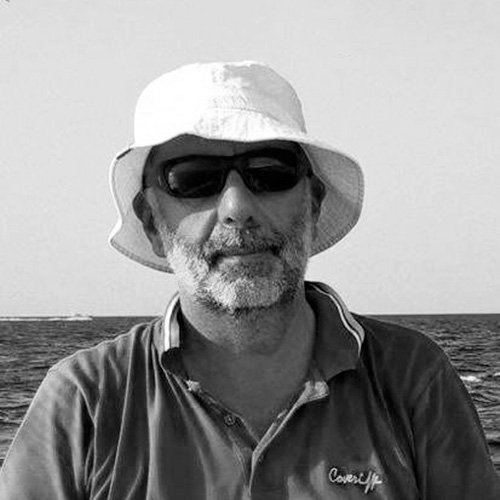
GIORGIO SANGUINETTI
Giorgio Sanguinetti is full professor of Music Theory and Analysis at the University of Rome “Tor Vergata”. He has been visiting professor at the McGill University in Montreal (Canada) at the University of North Texas (Denton) and the Sibelius Academy (Helsinki). He gave classes and seminars in several European and American institutions, such as the “Orpheus Institute” in Ghent (Belgium), the “Schola Cantorum Basilensis” (Switzerland), the “NUI” in Maynooth (Ireland), the “CUNY”, Northwestern University, Indiana University, Boston University (USA), the University of Leuven (Belgium). He has been member of the scientific board of the “Istituto Nazionale di Studi Verdiani” (Parma) and the “SIdM” (Società Italiana di Musicologia). He published several articles and essays on the history of Italian theory from 18th to 20th century, Schenkerian analysis, analysis and performance, form and Ottocento Italian opera. As a pianist he has performed as soloist and in chamber groups. In 2013 the Society for Music Theory conferred him the “Wallace Berry Award” for his book The Art of Partimento. History, Theory and Practice (Oxford University Press, 2012). In 2020 he published a book on Beethoven’s piano sonatas (LIM, Lucca) and he is currently working at his new book: The Craft of Partimenti: a Textbook, for Oxford University Press.





